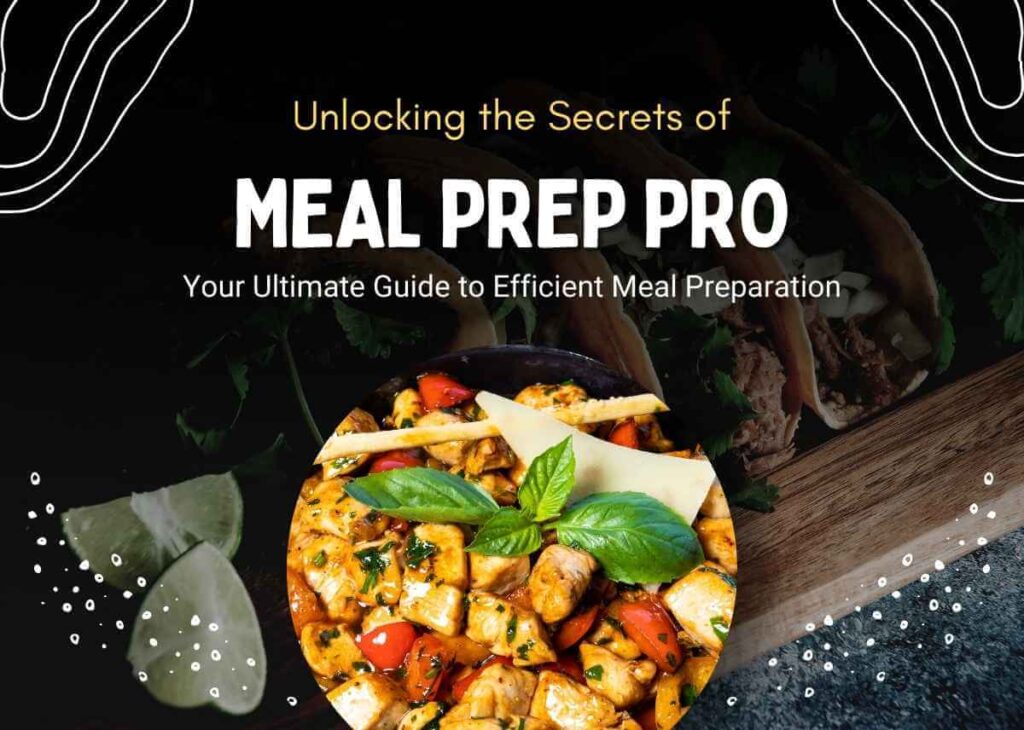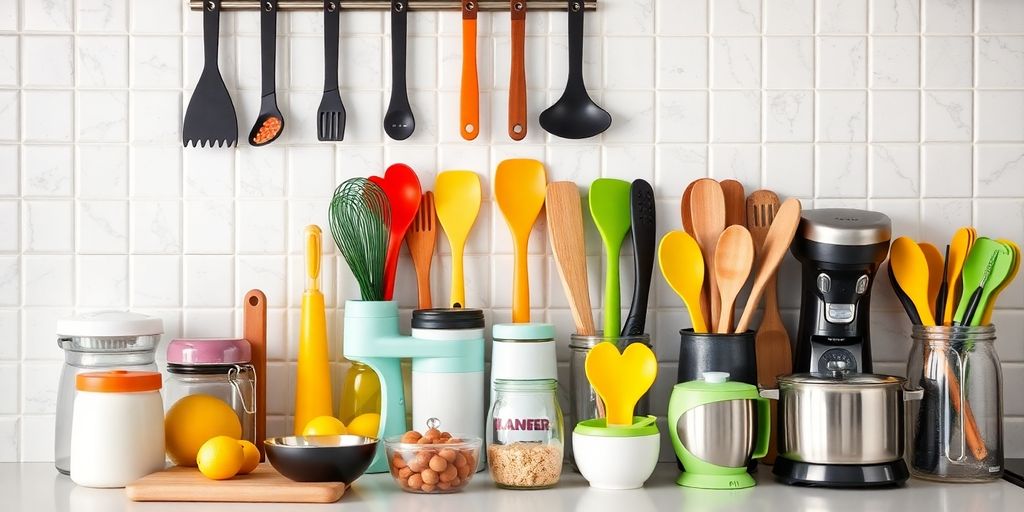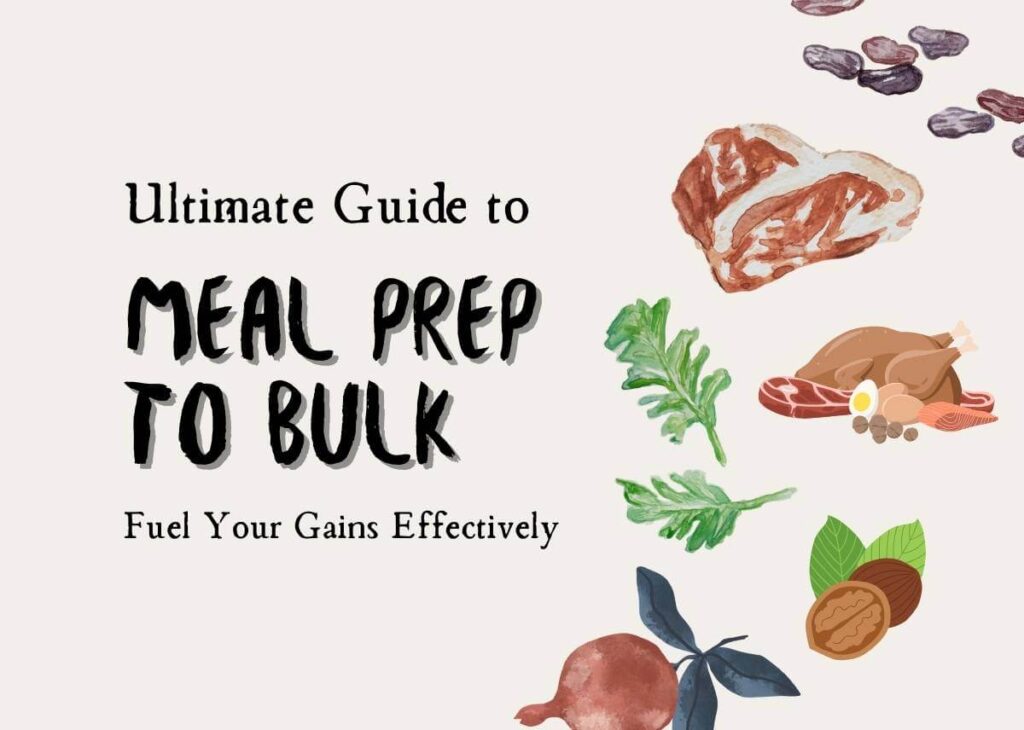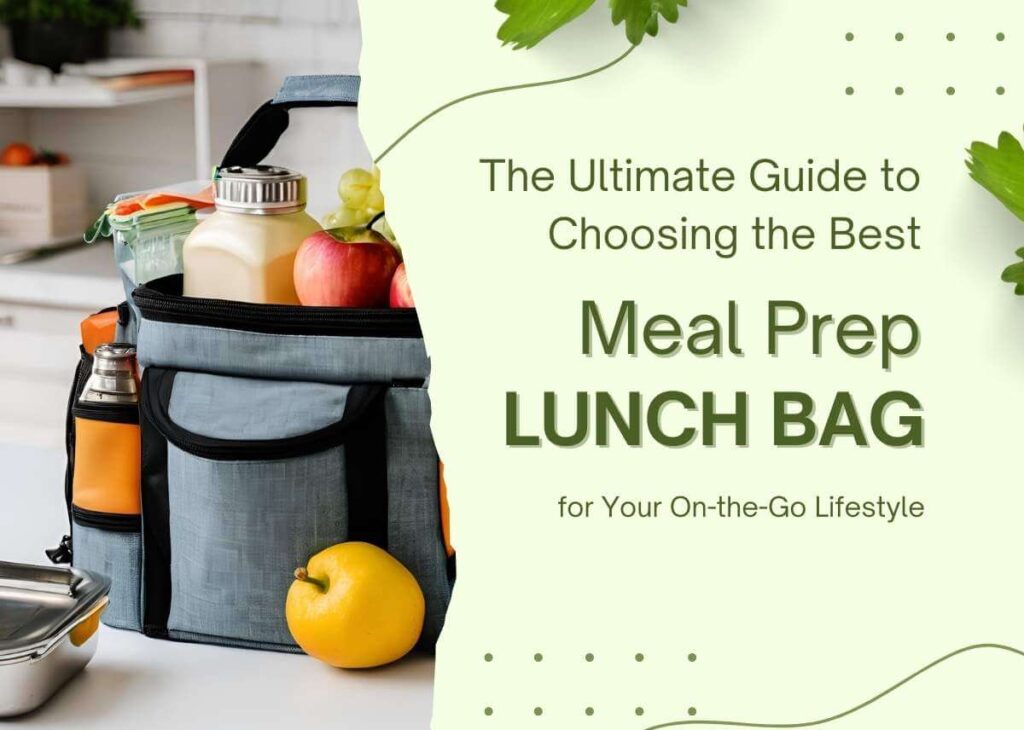How to Set Up a Functional Cooking Space in a Home That’s Still Under Construction
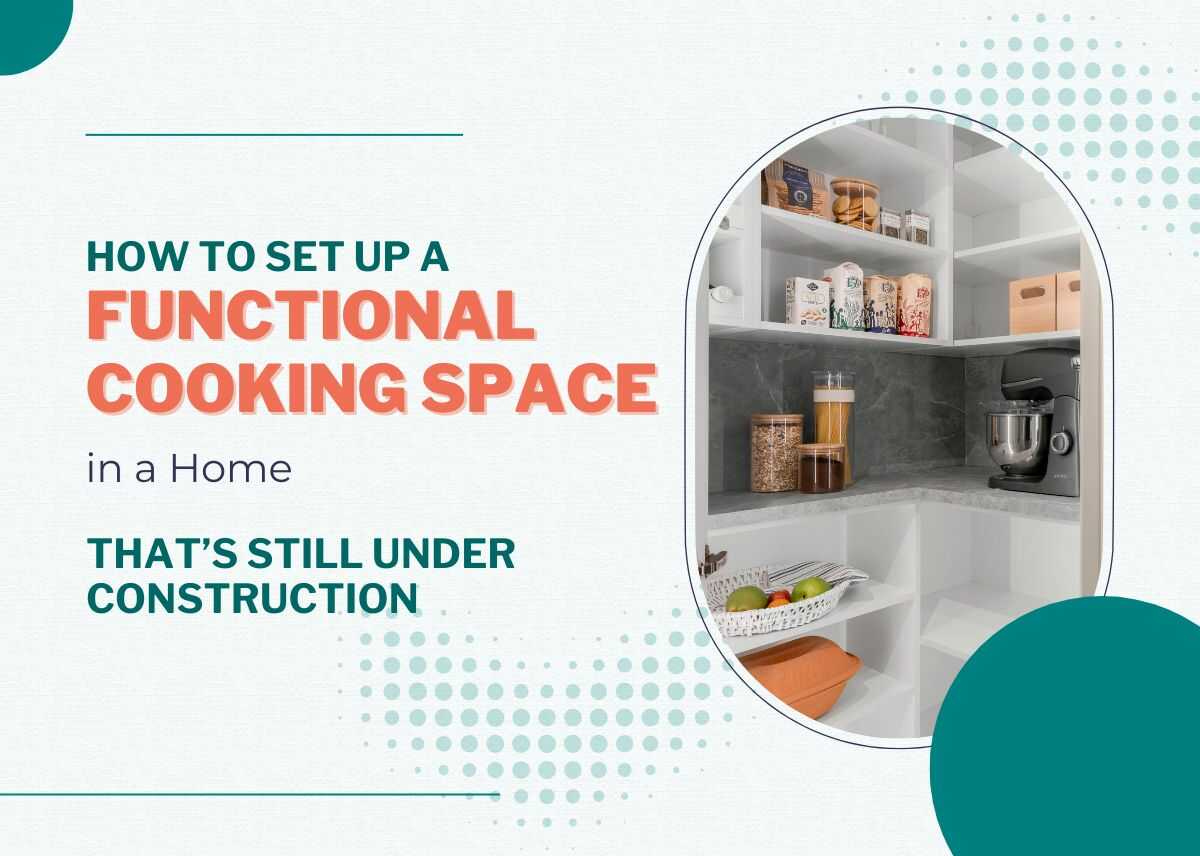
Living through home construction turns routines upside down – especially when your kitchen is reduced to rubble. But mealtime doesn’t have to suffer in the chaos. Dust flies, workers come and go, and your kitchen might not even exist yet.
But you still need to eat, and your body still needs real meals. Instead of falling into takeout mode for weeks, learn to set up a functional cooking space that works in chaos.
You don’t have to sacrifice real food just because your kitchen walls aren’t up. If you care about all things food, you’ll want to stay in control of what lands on your plate—even during renovation.
Table of Contents
How Can You Set Up a Functional Cooking Space Temporarily?
The kitchen is the heart of the home – and in this case, the heart can be temporary. Some of the things that you need to do to set up a functional cooking space are:
- Choosing the best temporary cooking location
- Prioritizing safety
- Selecting multi-functional appliances
- Creating a mobile pantry system
- Setting up essential prep and cleaning zones
- Planning a simplified meal routine
- Maximizing storage without sacrificing space
- Maintaining cleanliness and air quality
- Staying flexible and reassessing weekly
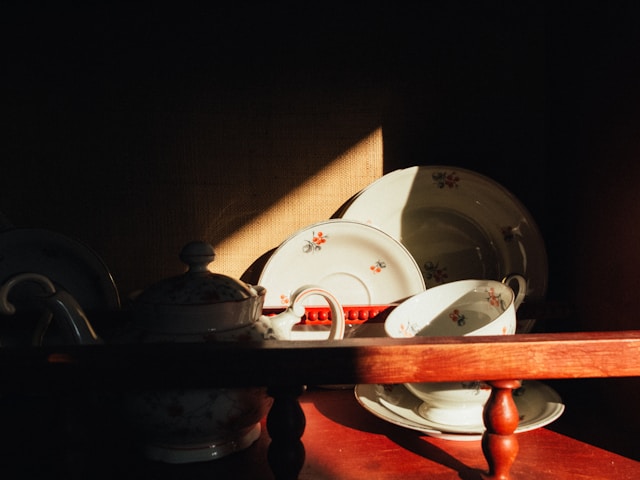
Choose the Best Temporary Cooking Location
Not every room fits this purpose. Find a space with an outlet, a table surface, and as little dust as possible. A finished basement, sunroom, or garage corner can be a suitable option. Keep foot traffic low in that area to maintain cleanliness.
Try to place your setup near a water source, but if not, plan how you’ll carry water and dispose of waste. The fewer steps between stations, the easier your routine. Don’t pick spots near exposed wires or open insulation.
Once you find a place, clear it. Remove things you don’t need. Place a washable rug or mat to reduce dust. Then, add light. Use a desk lamp or battery-powered light if the overhead bulbs are not yet working.
Prioritize Safety
Renovation zones attract wires, dust, and sharp tools quickly. Your kitchen setup must stay clear.
Tape cords flat. Wipe down all surfaces each day. Block off the area to prevent kids and pets from accessing it to avoid accidents.
If an appliance isn’t essential, store it elsewhere. By packing up your small appliances, you reduce clutter and minimize the risk of trips, spills, or damage. Less gear out means less mess to clean and fewer risks to manage.
Stick with tools that have auto shut-off and solid cords. Never use gas stoves indoors. Keep a charged fire extinguisher within reach. Also, be aware of the location of the breaker box.
If the power cuts during a meal, you need to reset it fast. In this phase, safety always takes precedence over convenience.
Select Multi-Functional Appliances
With limited space, go for appliances that serve multiple purposes per plug.
Here are smart options for compact cooking:
- Instant Pot for soups, stews, and even rice
- Electric griddle for pancakes, grilled sandwiches, and stir-fry
- Toaster oven for roasting veggies, baking, and reheating leftovers
- Portable induction cooktop if your counter supports it
Each of these options replaces two or three standard appliances. Keep them close but not crowded. You want air to circulate and cords not to cross.
Create a Mobile Pantry System
Without upper cabinets, things get messy fast. Use a rolling cart or a plastic drawer tower to store pantry items. If you need to move your kitchen each day, this helps.
Group ingredients based on how you cook. Place dry goods, such as oats, pasta, and rice, on one shelf. Keep spices, oils, and vinegar in a small basket—store grains in sealed jars to prevent dust from accumulating.
Label everything clearly. Use baskets for utensils, baking gear, and prep tools. This keeps clutter down and habits easy to repeat.
Set Up Essential Prep and Cleaning Zones
No prep surface? No problem. Use a folding table. Add a large cutting board. Keep knives and towels in a plastic storage container or caddy. Use a stool if the table feels too low.
Cleaning matters, too. If you don’t have a kitchen sink, use the bathroom sink or fill a bathtub with water. Rinse with care. Don’t pour oily or food-heavy water down old pipes.
You still need to get your daily fix of nutrients, so your prep zone should support quick meals. Stack clean dishes in a bin. Use paper towels to dry or air dry on a foldable rack.

Plan a Simplified Meal Routine
When tools stay limited, your meal plan must remain lean. Skip recipes with twenty steps. Choose simple dishes. Keep prep and cleanup short. Focus on meals that can be prepared in one pot or one pan.
Stick to these types of food:
- One-pot meals: Stews, soups, or pasta in an Instant Pot
- Quick griddle fixes: Grilled cheese, eggs, quesadillas
- Shortcuts: Pre-cut frozen veggies, ready-made sauces
Repeat meals often. Rotate ingredients, not full recipes. This cuts waste and saves energy.
Also, consider prepping two or three meals at once. Freeze what you don’t eat right away. That gives you quick meals on days when dust or noise grows too much. You still need real food to maintain high energy levels.
Maximize Storage Without Sacrificing Space
Small spaces need smart storage. Start with bins, not shelves. Bins can move. Shelves can’t.
Use clear plastic containers. Stack vertically to free up surface space. Add labels on every bin. Hang tools you use daily.
Try peel-and-stick hooks on the wall or inside a cabinet door. Clip the measuring cups together. Tie the spatulas together with string if drawers are not available.
Try to remove what you don’t use. You won’t need five ladles. Keep one. Focus on multitaskers.
Choose knives that cut cleanly. Pick pans that sear and simmer. If you still feel stuck, research lists of essential kitchen gadgets for chefs.
Look for compact, sturdy picks that serve multiple purposes. That trick alone can free up space and save money.
Maintain Cleanliness and Air Quality
Even clean food can turn risky in a dirty space. You must wipe surfaces each time you cook. Dust settles fast during construction.
Lay down a mat, then shake it outside daily. Next, clean the air. Use a portable air filter if permitted by the house. Set a small fan near your cooking area to circulate air. That helps remove smoke, smells, and particles.
Use containers with tight lids. This keeps bugs out and freshness in. Empty the trash before it overflows.
Odors build fast in tight quarters. Wrap food scraps before tossing them—control crumbs. Clean the floor beneath your setup often.
Food dust feeds pests. You don’t want guests who creep at night.
Stay Flexible and Reassess Weekly
Things shift fast during a home build. One week you may cook near a window. Next, workers might block it.
Therefore, you must frequently adjust your kitchen setup. Every weekend, stop and review. What worked? Did something fail? What felt slow or cluttered? Take ten minutes. Rethink your layout. Change the height of your prep surface. Move bins that crowd you. Throw away broken tools. You build a better flow by testing, not guessing.

Set Up a Functional Cooking Space And Master the Mess!
Even with wires exposed and walls only partially finished, you can still set up a functional cooking space that supports your daily life.
Keep things simple, safe, and smart. Be ready to shift, tidy up, and cook again. If you plan each step and edit as needed, you’ll never lose your kitchen rhythm. You may not control the dust, but you do control the meal!

